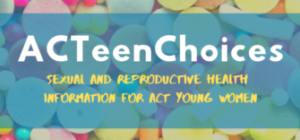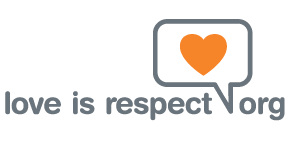Healthy relationships

The core to healthy relationships is to have a trusting and respectful partnership. This means being fair and to value each other as equal individuals.
The components of healthy relationships include having open, honest and safe communication, healthy boundaries, consent, ability to compromise and make healthy choices, and safe negotiation through disagreements.
Everyone deserves a healthy relationship whether in heterosexual or same-sex relationship. Abuse and violence is never OK in any relationship.
See U Matter: Healthy relationships wheel for more information on the components of healthy relationships.
Headspace: What is a healthy relationship?
Is it love?
Being in love can be wonderful. For young people, it is the experience of liking someone a lot for these reasons:
-
- Caring for each other to the same degree
- Share common interests and similar activities
- Similar values and beliefs
- Encourage each other to pursue each other’s interests
- Can talk to each other about important things
- Feel understood and heard
- Understand and listen to each other
Aboriginal Family Violence Prevention and Legal Service Victoria: Healthy relationships
For more information see Healthy WA: Relationships, sex and other stuff – friends and relationships.
Is it a healthy relationship?
The Line: Does your relationship belong in the bin?
Check out Love don’t feel bad video series to watch and determine if each scenario portrayal is of a healthy or unhealthy relationship.
Check out these healthy relationship quizzes:
- Break the Cycle: Is my friend’s relationship healthy?
- Teen Health Source: Healthy relationships quiz
- Love – The Good, the Bad and the Ugly: Is it love or control?
- It’s OK to Ask for Help: Positive relationship quiz
- Love is Respect: Are you in a healthy relationship?
- Love is Respect: Do abusive partners change?
- Love is Respect: Am I a good partner?








